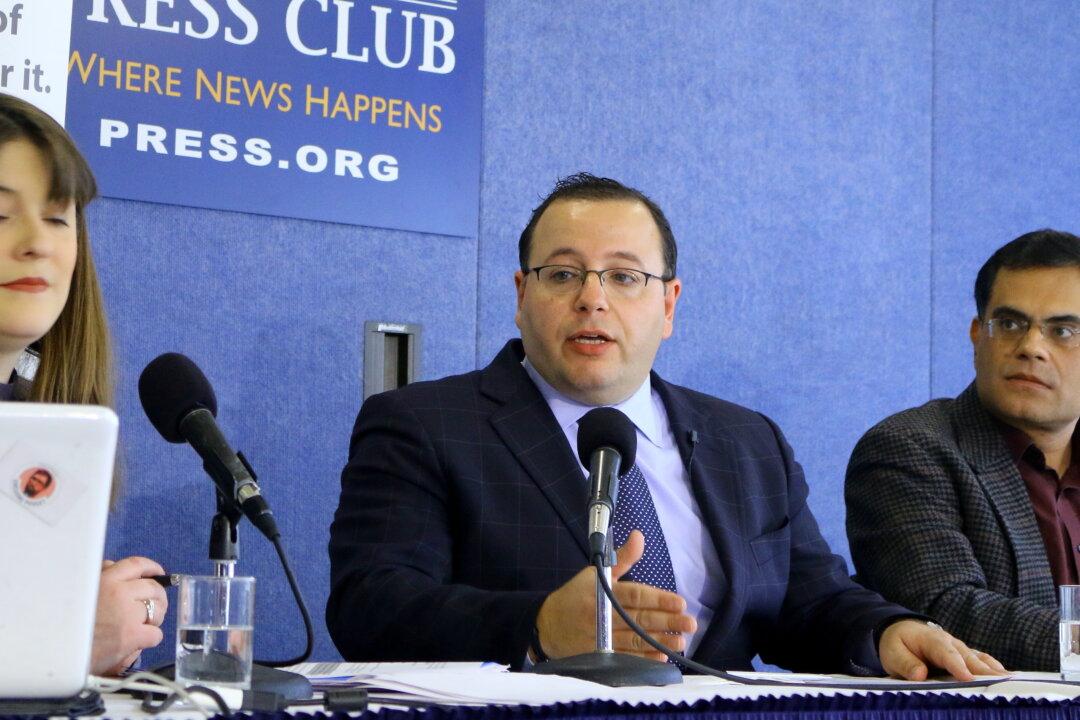WASHINGTON—Global data on press freedom showed a dramatic decline on freedom of information last year, according to the annual study conducted by Reporters Without Borders (Reporters sans frontières (rsf)), since 2002. World Press Freedom Index 2015 rank orders the performance of 180 countries, based on the safety and freedom of journalists and bloggers, and the media environment in which they work.
The Index determined that the overall level of violations of freedom of information in 180 countries has risen substantially with a decline in freedom affecting all continents, according to Halgand.
The results were released Feb. 12. On the day before at the National Press Club, the U.S. director of Reporters Without Borders, Delphine Halgand, previewed the results for the press.
One of the countries discussed in some detail was the Islamic Republic of Iran, which is ranked 173rd out of 180 countries in RSF’s index. Halgand said Iran “is one of the world’s biggest prisons for news and information providers, with 50 journalists and netizens currently detained.”




